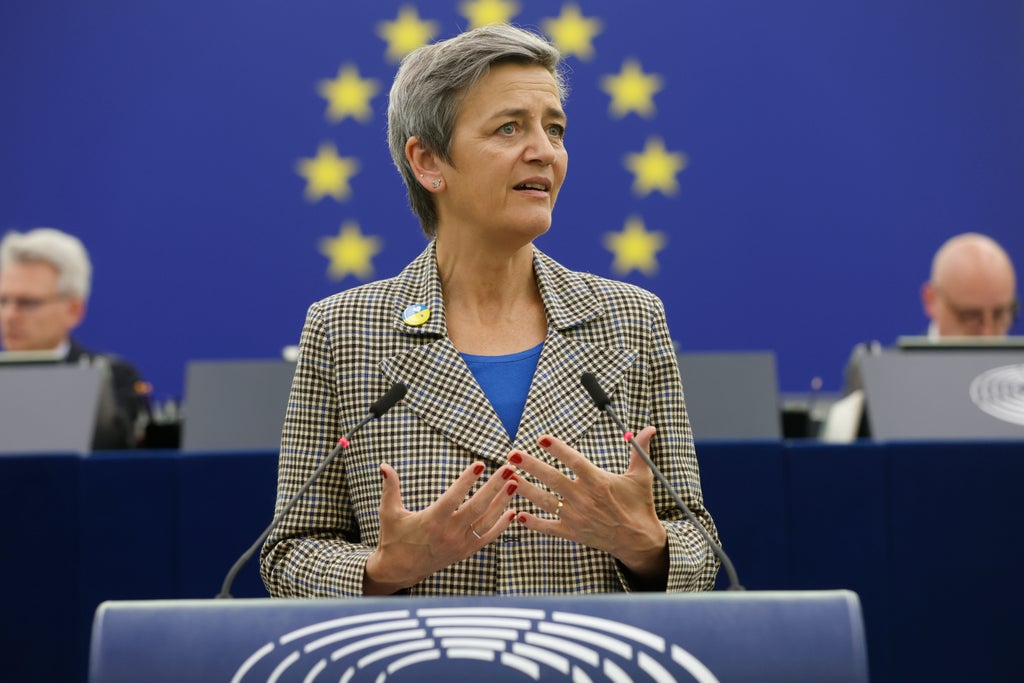
The European Commission said on Thursday it will gradually put an end to the temporary rules that allowed the 27 EU member countries to benefit from extra public support during the coronavirus pandemic.
Adopted in March 2020, the so-called State Aid COVID Temporary Framework relaxed the European Union’s strict state-aid regulations to help mitigate the impact of the pandemic.
In light of the improving economic situation in the region, coupled with the lifting of restrictions put in place to contain the spread of the virus over the past two years, the commission said that another prolongation of the scheme is not necessary.
The mechanism won’t be extended beyond it expiry date on June 30, but the commission insisted the phase-out will take place gradually and businesses won’t be suddenly cut off from support.
During the pandemic, the EU approved a multi-billion rescue package and member states agreed on a 1.8 trillion euro recovery plan and long-term budget for the 2021-2027 period.
To further relieve the pressure on hard-hit businesses, the bloc’s executive arm relaxed the strict state-aid rules to allow for other possible sources of public support.
Margrethe Vestager, the EU Commission executive vice-president in charge of competition policy, said the Commission had adopted more than 1,300 decisions in the context of the coronavirus pandemic, approving nearly 950 national measures for an estimated total amount approved of over €3 trillion.
Of the total aid approved between March 2020 and June 2021, Vestager said around €730 billion euros have been spent so far.
Vestager said the Commission will be ready to “act fast again if the need arises,” warning about the risks posed by the war in Ukraine to Europe’s recovery.
“Ukrainians are paying the highest cost for Russia’s senseless and unlawful war of aggression against their country,” she said. “At the same time, this is creating a disturbance in the European economy and having a severe impact on recovery.”







